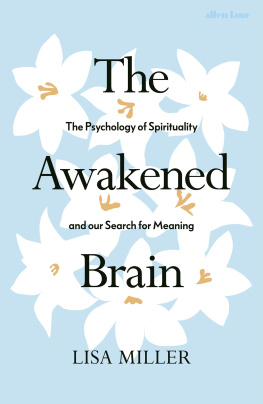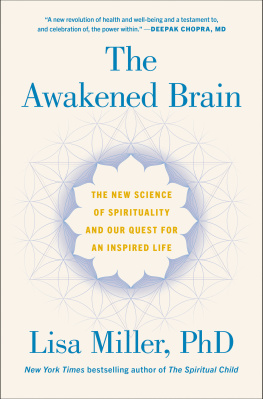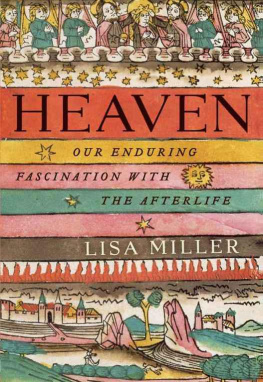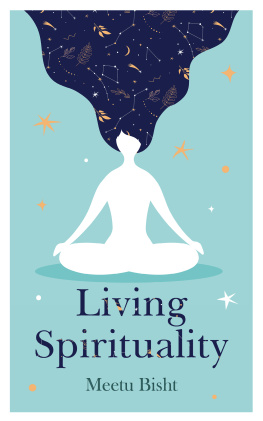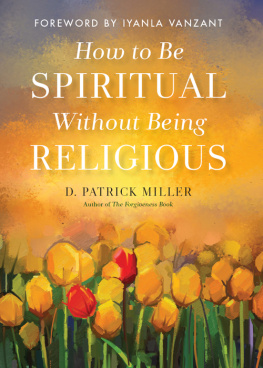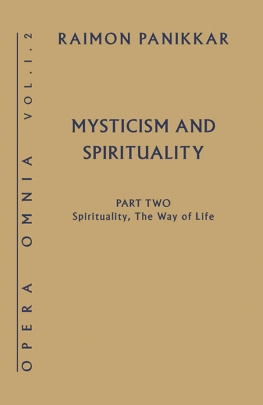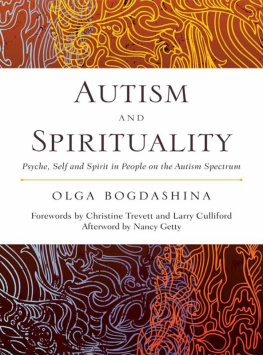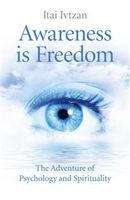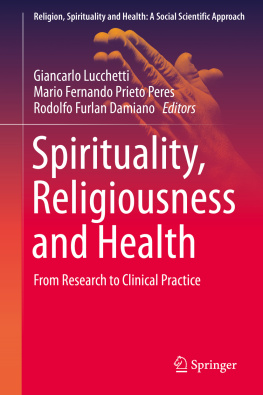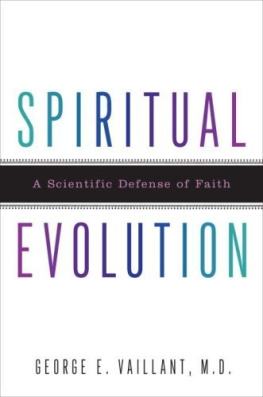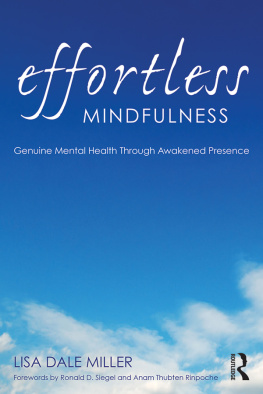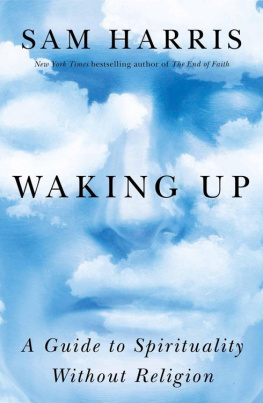PENGUIN BOOKS
UK | USA | Canada | Ireland | Australia
New Zealand | India | South Africa
Penguin Books is part of the Penguin Random House group of companies whose addresses can be found at global.penguinrandomhouse.com.

First published in the United States of America by Random House,
an imprint and division of Penguin Random House LLC 2021
First published in Great Britain by Allen Lane 2021
Copyright Lisa Miller, 2021
The moral right of the author has been asserted
Cover design: Isabelle De Cat
ISBN: 978-0-141-99104-7
This ebook is copyright material and must not be copied, reproduced, transferred, distributed, leased, licensed or publicly performed or used in any way except as specifically permitted in writing by the publishers, as allowed under the terms and conditions under which it was purchased or as strictly permitted by applicable copyright law. Any unauthorized distribution or use of this text may be a direct infringement of the authors and publishers rights and those responsible may be liable in law accordingly.
Lisa Miller
THE AWAKENED BRAIN
The Psychology of Spirituality and Our Search for Meaning
with Esm Schwall Weigand

To Phil, with love
Never cease to stand like curious children before the Great Mystery into which we were born.
Albert Einstein
Authors Notes
This book is intended to provide helpful information on the subjects discussed. It is not meant to be used to diagnose or treat any specific medical condition. Please be certain to consult with your own healthcare provider before making any decisions that affect your health.
Names and identifying details of some of the people portrayed in this book have been changed.
INTRODUCTION
Anything True Can Be Shown
It was the summer of 2012. I hurried down the narrow, fluorescent-lit hallway of the psychiatry lab at Columbia University Medical School, coffee balanced in one hand, mind racing. Today our MRI (magnetic resonance imaging) team would finally get our eyes on the results of months and months of research. Ravi, the statistical analyst, caught up to me in the hall, his eyes wide, a stunned expression on his usually composed face. He held a stack of papers in his trembling hands.
I ran the data many times, he said. Its all very surprising.
For close to a year our team had been working long, hard hours to design and implement a cutting-edge study to peer into the brain to learn more about preventing depression. Ravi worked closest to the machines and statistics, steadily punching buttons, collecting data, modeling the findings, running numbers. Today he would show us a first glimpse of the results that would tell us whether or not spirituality plays a role in preventing or protecting against depression. I love every part of sciencethe push and beckon of a question, the challenge and rigor of finding the best way to test what is truebut I especially love this part of science: the first reckoning with the data. This would be our first thrilling view of where the numbers led and we hoped what we saw might help us toward a new possibility for alleviating mental suffering.
We live in an age of unprecedented mental anguish. Depression, anxiety, and substance abuse have reached epidemic proportions globally. In 2017, 66.6 million Americansmore than half of the respondents on the National Survey on Drug Use and Healthreported binge drinking within the past month, and 20 million met the criteria for a substance use disorder.
At Columbia University, where I teach, eight students died by suicide in 20162017. A study of more than 67,000 college students across 108 institutions in the United States published in 2019 found that 20 percent reported that they had engaged in self-harm such as cutting, 24 percent reported suicidal ideation, and 9 percent had attempted suicide.
While the stakes of our mental health crisis are truly life and death, many of us also suffer from less debilitating, though still painful, conditions: burnout and chronic stress; trouble concentrating and connecting; loneliness and isolation; lives that are rich in many ways yet feel somehow narrow, hollow, and cut off. Even when we experience success and satisfaction, we may sense that theres more to happinessthat life could be more joyful, rewarding, and meaningful.
It seems that every person I meet has a parent, child, sibling, partner, or close friend afflicted by depression, anxiety, substance abuse, or chronic stress. And theres not a lot on offer for those of us worried about a loved one, or struggling ourselves. Our mainstay treatments for depressionpsychotherapy and antidepressant medications such as SSRIsprovide some help to people, but for others have disappointing results. Only half of treated patients see a disappearance of symptoms within a year of intervention, while another 20 percent find only a partial reduction of symptoms; and the positive effects that are gained through medication are not enduringwhen we stop taking the drugs, depression or anxiety often returns.
I hoped that todays lab meeting might reveal even an inkling of a sustainable solution to our devastating crisis in wellness and mental health. Ravi followed me into a crowded room and we squeezed into the last two open seats around the long wood laminate table. His fingers drummed the stack of papers.
He usually worked with a detached, skeptical cool. We can run the data from the scanner, hed said, but I seriously doubt well find anything. Myrna, the MRI teams most senior colleague and the one who had secured the funding for this study, had agreed, saying, Id be very surprised if we find any kind of association between spirituality and depression, but we shall see.
Contemporary psychotherapy tended to characterize spirituality and religion as a crutch or defense, a set of comforting beliefs to lean on in hard times. In our field, spirituality was a barely studied, nearly invisible variable. Over the past twenty years of my career, Id seen surprising clinical and epidemiological evidence that spirituality could have a protective benefit for our mental health. But could we discern a concrete physiological function of spirituality in our health and development? Was spirituality thus far invisible in the brain because it was insignificant to mental health or impossible to measureor was it invisible because no one had yet looked?
Myrna cleared her throat and started the meeting.
Lets take a few moments to review the initial MRI findings, she said. I believe Ravis compiled a handout with the new results.
Our team had used Myrnas multigenerational sample of clinically depressed and non-depressed women, and their children and grandchildren. Wed taken MRI scans of people at high and low genetic risk for depression to see if there were any patterns among the brain structures of depressed and non-depressed participants that could allow us to develop more targeted and effective treatments.
And wed added a newand controversialquestion to our study. Wed asked all participants to respond to a major question used in the clinical science literature to quantify inner life: How personally important is religion or spirituality to you? In addition to comparing the brain structures of depressed and non-depressed candidates, we wanted to see how spirituality was associated with brain structure, and how spirituality correlated with risk for depression.
Next page
